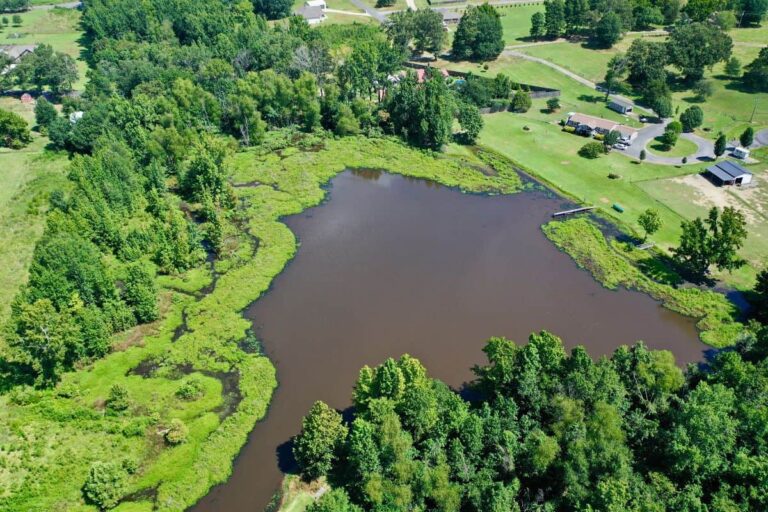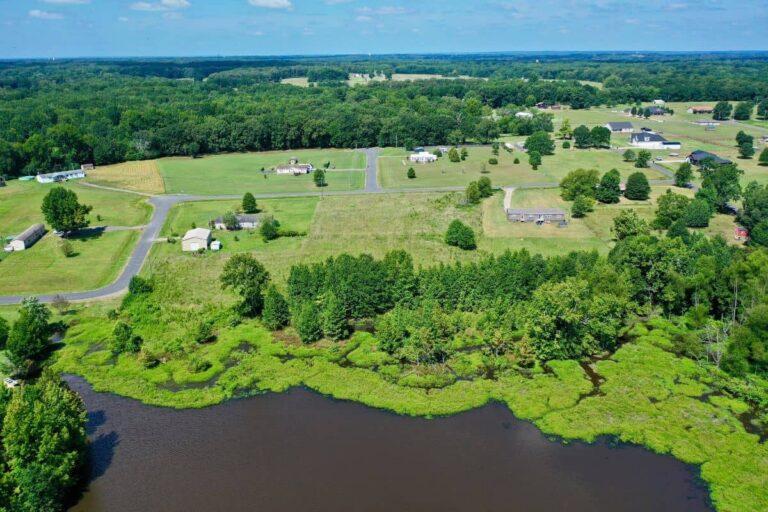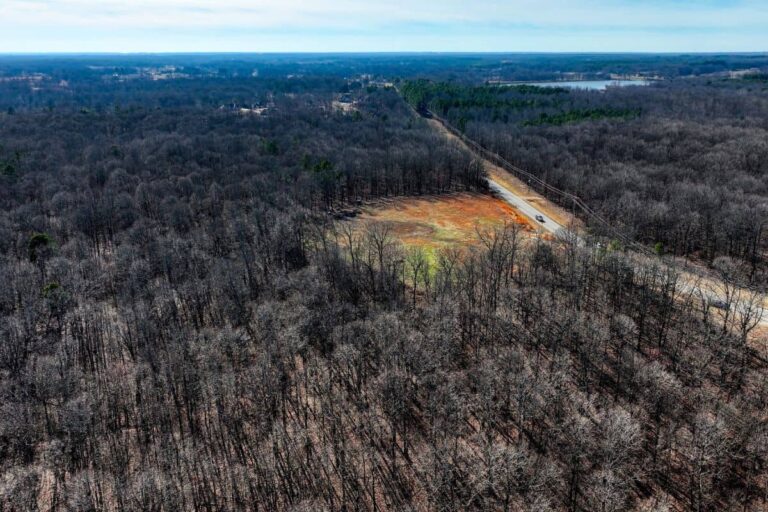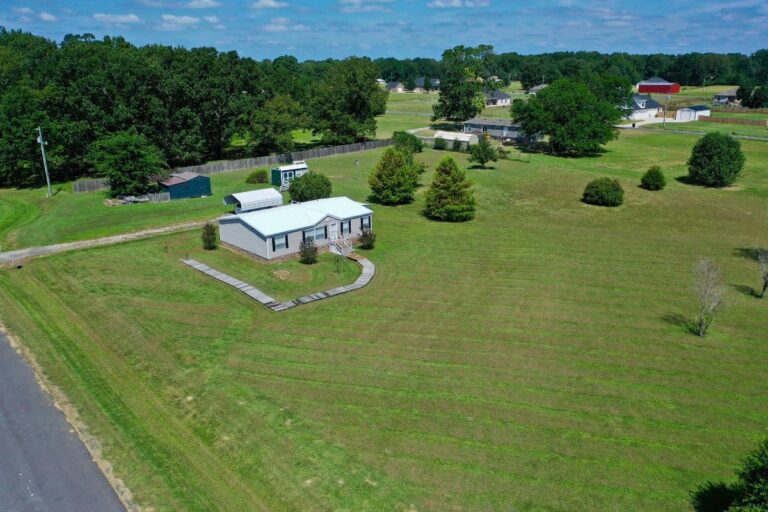If you own vacant land in Arkansas, you have a valuable asset that holds immense potential. Arkansas, known for its scenic beauty, rich history, and growing economy, offers numerous opportunities for land development. Whether you’re considering land flipping or long-term development, this comprehensive guide will help you unlock the true potential of your vacant land in Arkansas.
Understanding the Value of Land in Arkansas
Arkansas boasts a diverse landscape, including vast rural areas, picturesque mountains, and vibrant urban centers. Before diving into development, it’s crucial to understand the value of your land and its market potential. Factors such as location, accessibility, zoning regulations, and local amenities play a significant role in determining the value of your property.
The Art of Land Flipping
For those looking to maximize short-term profits, land flipping can be an enticing option. Land flipping involves buying undervalued vacant land, making strategic improvements, and then selling it at a higher price. Arkansas offers ample opportunities for land flipping, thanks to its growing economy, urban expansion, and increasing demand for residential and commercial properties.
To succeed in land flipping, thorough market research is vital. Identify areas with high growth potential, consider the demand for different property types, and evaluate the market trends. Additionally, assess any potential zoning or development restrictions that may impact your plans. Partnering with local real estate professionals who specialize in land flipping can provide valuable insights and increase your chances of success.
Long-Term Development Strategies
If you envision a more substantial and long-term investment, developing your vacant land in Arkansas can lead to substantial returns. With careful planning, you can transform your land into residential communities, commercial spaces, recreational areas, or even agricultural ventures.
Residential Development: Arkansas is experiencing population growth, making residential development a lucrative option. Consider factors such as housing demand, local amenities, proximity to schools and employment centers, and infrastructure availability when planning residential projects.
Commercial Development: With a thriving business climate, Arkansas presents opportunities for commercial development. Assess the local market’s demand for retail, office, or industrial spaces, and consider the potential for attracting businesses or tenants.
Recreational Development: Arkansas’s natural beauty makes it an ideal location for recreational developments. Explore the possibilities of building resorts, eco-tourism attractions, or outdoor adventure facilities to cater to the growing demand for nature-based experiences.
Agricultural Development: Arkansas is known for its fertile soil and agricultural heritage. If your land is suitable for farming, consider ventures such as crop cultivation, livestock farming, or even agri-tourism.
Navigating Zoning and Legal Considerations
Before embarking on any development project, familiarize yourself with local zoning regulations, permits, and environmental requirements. Contact the local planning or zoning department to ensure your plans align with the land’s designated use and any applicable restrictions. Engaging with an attorney specializing in real estate law can help you navigate legal complexities, ensuring a smooth and compliant development process.
Collaborating with Professionals
To unlock the full potential of your vacant land in Arkansas, consider collaborating with professionals who can offer expert guidance throughout the development journey. Real estate agents, land development consultants, architects, contractors, and attorneys can provide invaluable insights, help streamline the process, and ensure your project’s success.
With its diverse landscape and thriving economy, Arkansas offers an abundance of opportunities to unlock the potential of your vacant land. Whether you choose to pursue land flipping for quick profits or embark on long-term development, understanding the market, zoning regulations, and collaborating with experienced professionals are vital steps to ensure success. By following this guide, you’ll be well-equipped to make the most of your vacant land in Arkansas and capitalize on its true potential.





